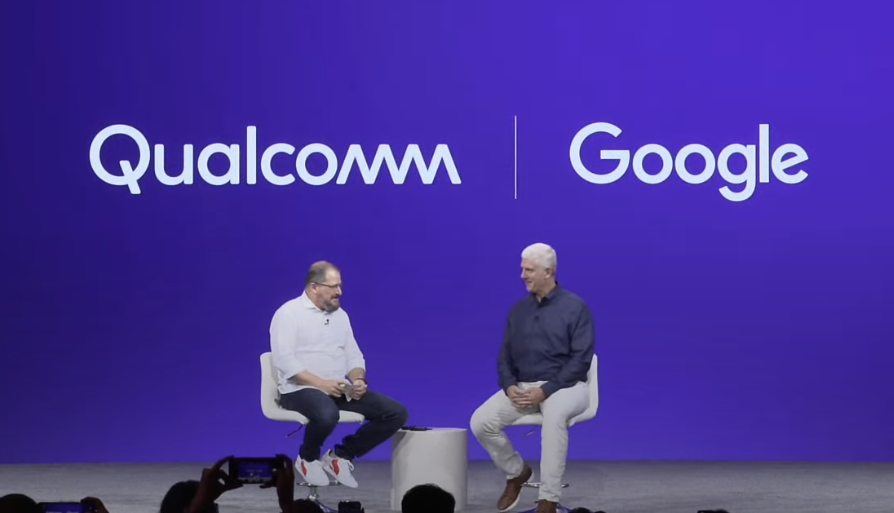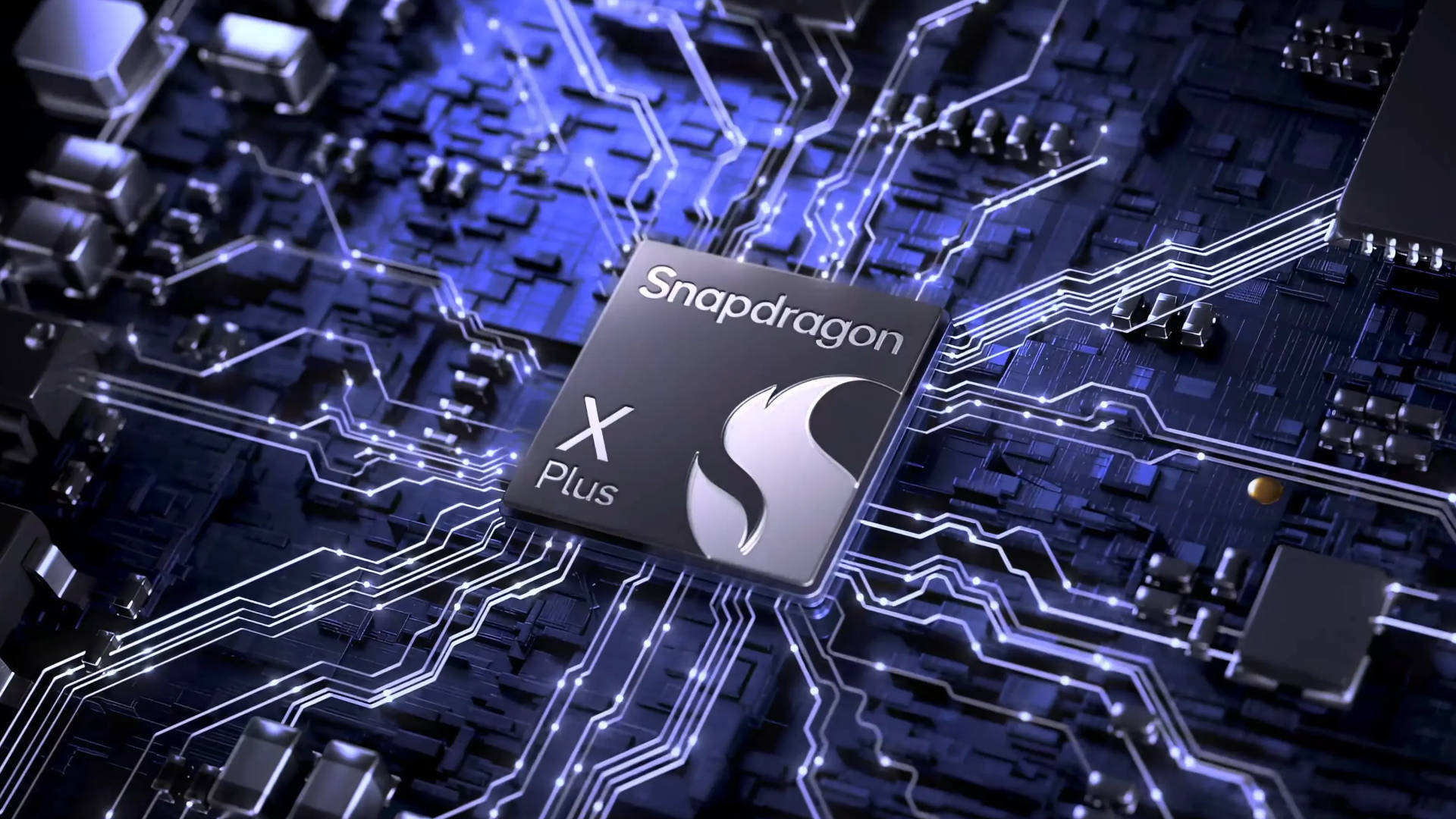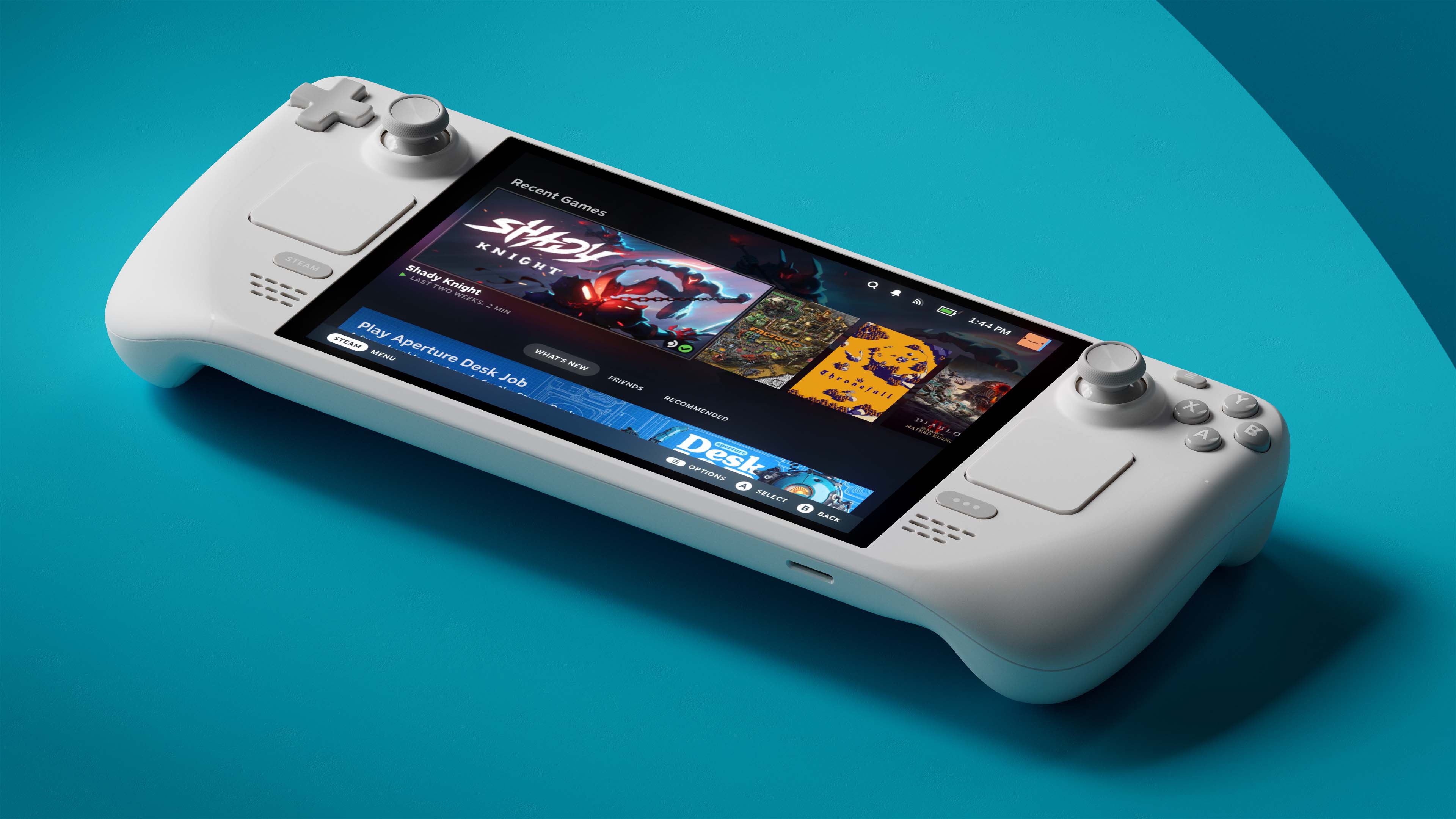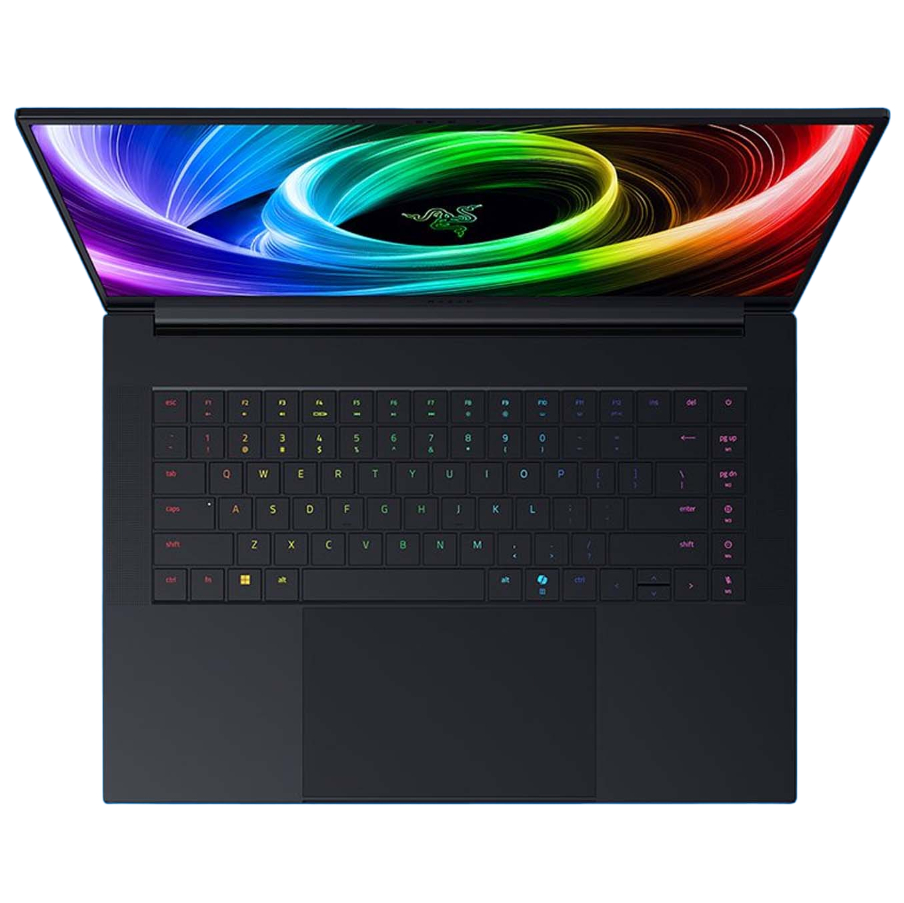Google and Qualcomm are prepping 'desktop' Android to enable 'mobile and PC' in one device, but should Windows and x86 be afraid?
Google and Qualcomm are both super excited...

So, Google and Qualcomm are bigging up what's basically a desktop version of the former's Android OS for smartphones (via 9to5Google). The idea, apparently, is to fuse "mobile and PC" into a single device. And given Qualcomm is part of this particular conversation, that device would presumably be running an Arm chip rather than a traditional x86 PC processor.
The venue for all this is Qualcomm's Snapdragon Summit 2025, where Qualcomm CEO Cristiano Amon had an on-stage conversation with Google SVP of Platforms & Devices Rick Osterloh. Google said last year that it planned to base ChromeOS on Android in future, as opposed to being its own stand-alone OS.
At the summit, the pair fleshed out some of the details. "In the past, we’ve always had very different systems between what we are building on PCs and what we are building on smartphones," Osterloh said.
That has meant, for instance, that running Android apps on a ChromeOS device required a virtual machine. But ChromeOS will now be a part of the overall Android stack. "We’ve embarked on a project to combine that. We are building together a common technical foundation for our products on PCs and desktop computing systems.
"This is another way that we can leverage all of the great work we’re doing together on our AI stack, our full stack, bringing Gemini models, bringing the assistant, bringing all of our application and developer community into the PC domain," Osterloh explained.

Given Osterloh is on stage at the Qualcomm event, the implication is that "PCs" running this new Android-based take on ChromeOS will be using the latter's chips, such as the Snapdragon X line that's designed for PCs as opposed to smartphones.
Indeed, Qualcomm CEO Cristiano Amon thinks this is an excellent idea. "I’ve seen it. It’s incredible. I think it delivers on the vision of conversions in mobile and PC. And I can’t wait to have one," he said.
Keep up to date with the most important stories and the best deals, as picked by the PC Gamer team.
Obviously, if you're an Android user, the ability to run Android apps natively on your laptop or desktop could be pretty neat. Actually, Microsoft kind of tried to do that itself with the Windows Subsystem for Android, which was cancelled in March this year.
But the question is what impact this might have on the broader PC ecosystem? An "Android" laptop could be pretty appealing as a low-cost device for general computing on the move.
You'd expect it to be cheap and have great battery life thanks to an Arm CPU. And if most of what you do is achieved via a web browser, then you're probably good to go.
Of course, the problems come as soon as you consider higher performance requirements and specific existing applications that may not be available on Android in smartphone format, let alone optimised for this new desktop and laptop OS.
And arguably the most demanding subset of apps that meet that definition are PC games. There's just such a huge ecosystem of PC hardware and gaming-relevant software, that the barriers to entry for any new architecture are huge.

Indeed, they're huge enough that that the only company that has made even the slightest dent in the otherwise impregnable Windows-x86 gaming fortress is Valve with its Linux-based SteamOS. But even then, it's only Windows that took the hit. The Steam Deck still runs an x86 processor.
Ironically enough, it was Valve who arguably popped a cap in the existing ChromeOS's hopes of ever being a gaming platform when it recently pulled plans to move Steam for Chromebooks out of beta and instead cancelled it.
So, yeah, we're not expecting Android on the PC to assimilate gaming any time soon. But it probably adds to the broader momentum that's building up around Arm on the PC. Arm's take over of the PC has long been predicted and always failed to materialised. But that doesn't mean it won't actually ever happen.

👉Check out our list of guides👈
1. Best gaming laptop: Razer Blade 16
2. Best gaming PC: HP Omen 35L
3. Best handheld gaming PC: Asus ROG Ally X
4. Best mini PC: Minisforum AtomMan G7 PT

Jeremy has been writing about technology and PCs since the 90nm Netburst era (Google it!) and enjoys nothing more than a serious dissertation on the finer points of monitor input lag and overshoot followed by a forensic examination of advanced lithography. Or maybe he just likes machines that go “ping!” He also has a thing for tennis and cars.
You must confirm your public display name before commenting
Please logout and then login again, you will then be prompted to enter your display name.

